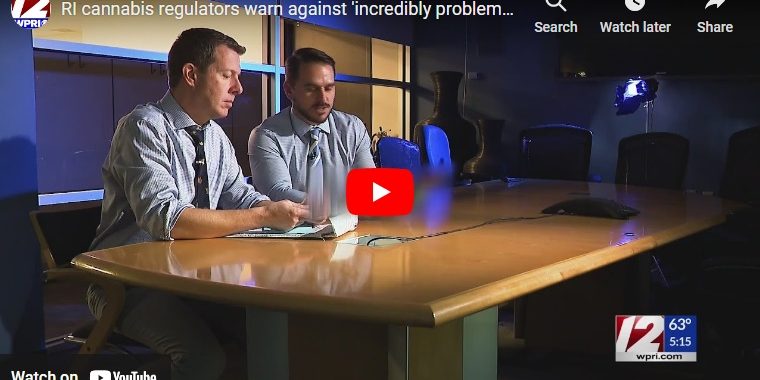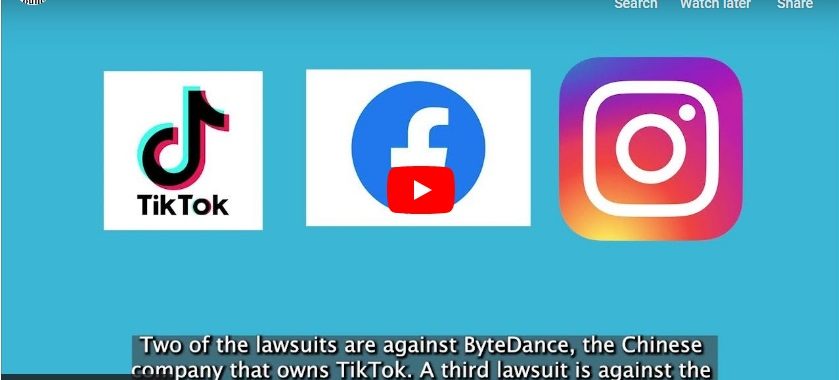News Segment Highlights Dangerous Drugs Made From Hemp
WPRI News in Rhode Island recently ran a special report on psychoactive drugs made from hemp and hemp products.
Hemp is another name for cannabis plants that are supposed to be low in THC, the main psychoactive compound found in marijuana.
However, companies have exploited a loophole in federal law to manufacture and sell psychoactive drugs like THC made from hemp and hemp products like CBD.
Nationwide, marijuana products like these — including gummies, candies, and other edibles containing THC — are sending kids to the emergency room.
Earlier this year the Arkansas Legislature passed Act 629 of 2023 by Sen. Tyler Dees (R – Siloam Springs) and Rep. Jimmy Gazaway (R – Paragould). This good law prevents Delta-8 THC and other THC varieties from being manufactured and sold via industrial hemp — or cannabis — in Arkansas.
However, a group of companies that profit from Delta-8 THC are suing to block Act 629 in federal court.
You can learn more about these dangerous drugs by watching the full WPRI News segment below.




